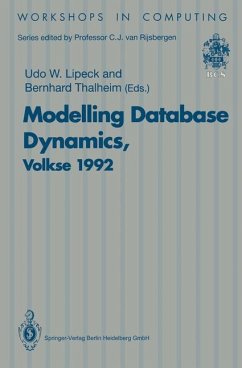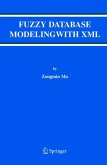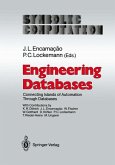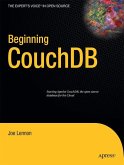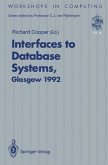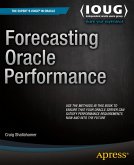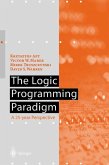Database modelling is concerned with the design of reliable and efficient database systems. Three different approaches to modelling can be identified: structure-oriented, process-oriented, and behaviour-oriented. Database literature has traditionally focused on structure-oriented approaches, but it is now widely recognised that problems can be solved more effectively by integrating all three. As a result, modelling database dynamics is now considered to be as important as modelling static database structures. This volume contains selected papers from the Fourth International Workshop on Foundations of Models and Languages for Data and Objects, held in Volkse, Germany, 19-22 October, 1992. This series of international workshops was initiated by the Working Group on Foundations of Information Systems, part of the German Association for Informatics. It provides an international forum for the discussion of current research into database theory and its application to database technology. The theme of this particular workshop was modelling the dynamic behaviour of database systems in formal frameworks. As object-oriented principles are being widely used in current research work, particular emphasis was also given to object dynamics. Among the topics covered in this volume are: specifying the dynamics of complex objects databases; updates in a rule-based language for objects; an order-sorted approach to active objects; non-deterministic aspects of database transformations involving object creation; monitoring temporal permissions using partially evaluated transition graphs; a formalisation of logic databases and integrity constraints; a comparison of approaches for modelling dynamics of databases. Modelling Database Dynamics provides a comprehensive overview of current research into the modelling and use of database dynamics. It will provide invaluable reading for researchers, postgraduate students, and anyone interested in the theoretical foundations of computer science.
Hinweis: Dieser Artikel kann nur an eine deutsche Lieferadresse ausgeliefert werden.
Hinweis: Dieser Artikel kann nur an eine deutsche Lieferadresse ausgeliefert werden.

